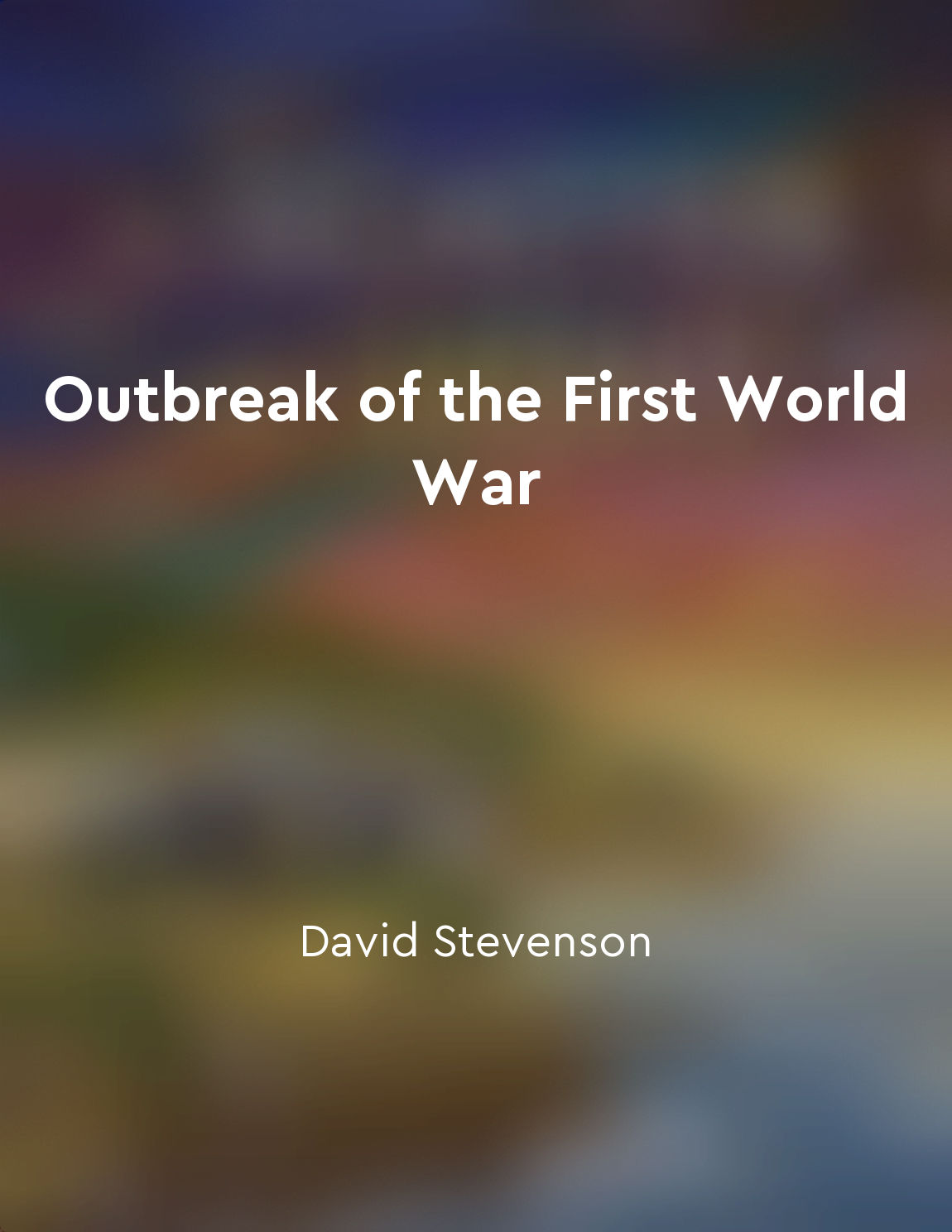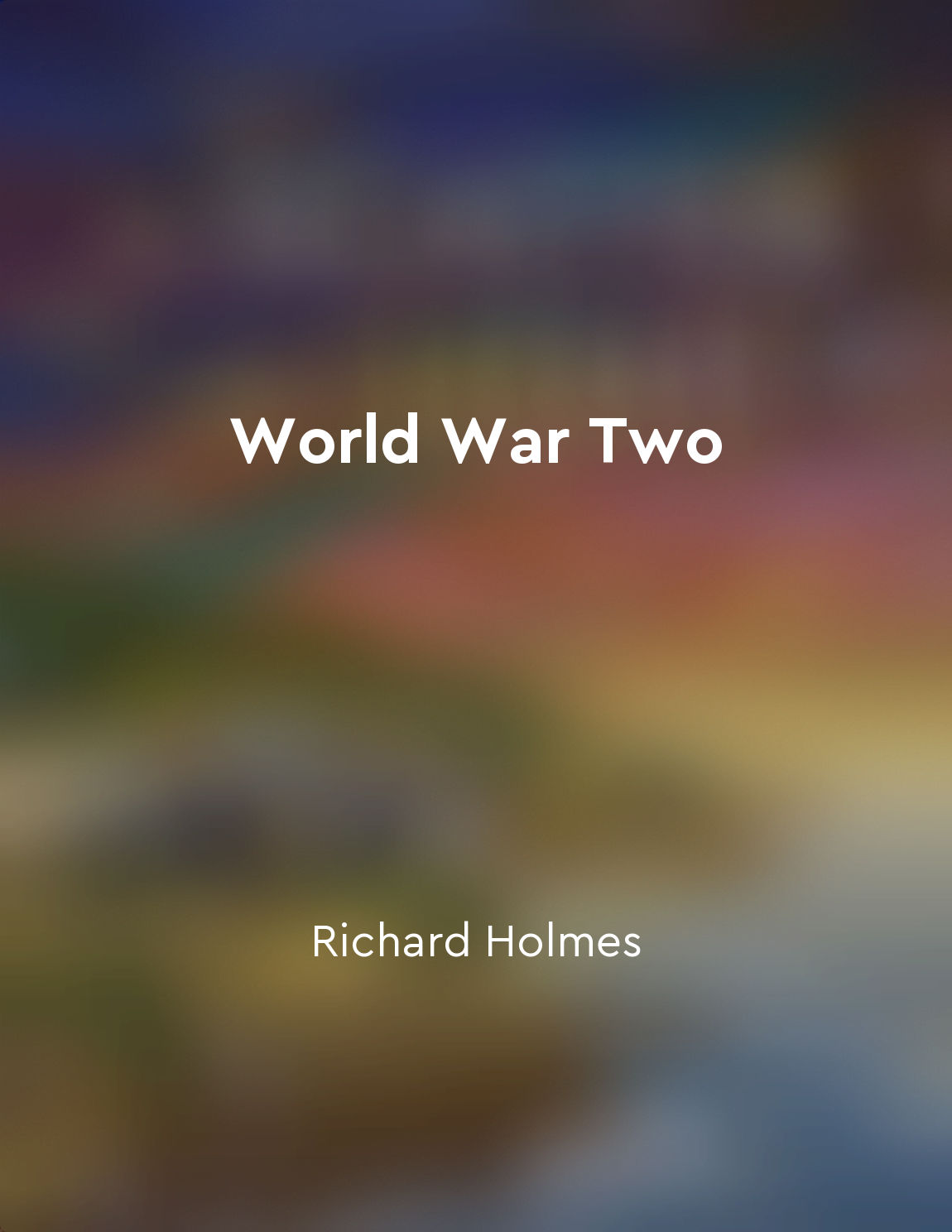Diplomatic relations reshaped from "summary" of World War Two by Richard Holmes,Ann Kramer,Charles Messenger
The tumultuous years of World War Two brought about significant changes in diplomatic relations between nations. Traditional alliances were broken, new friendships were forged, and old enemies became allies. The war forced countries to reevaluate their relationships with one another in order to navigate the complex web of international politics. The rise of totalitarian regimes in Europe, such as Nazi Germany and Fascist Italy, posed a direct threat to the established world order. Countries that had once been allies found themselves on opposite sides of the conflict. For example, the Soviet Union, which had signed a non-aggression pact with Germany in 1939, later joined the Allies in their fight against the Axis powers. The United States, which had long been hesitant to involve itself in European affairs, was drawn into the war following the Japanese attack on Pearl Harbor in 1941. This marked a significant shift in American foreign policy, as the US became actively involved in shaping the outcome of the war and the post-war world order. The war also led to the formation of new international organizations, such as the United Nations, which aimed to promote peace and prevent future conflicts. The founding members of the UN recognized the need for a new approach to diplomacy in order to prevent the atrocities of World War Two from happening again.- World War Two reshaped diplomatic relations on a global scale. The alliances and enmities that emerged during the war laid the foundation for the post-war world order, setting the stage for the Cold War and the ongoing challenges of international diplomacy. The lessons learned from this period continue to shape the way countries interact with one another today, as they seek to navigate the complex landscape of global politics.
Similar Posts
Economic interests contribute to conflict escalation
One of the central arguments put forth in 'The Origins of the First World War' is the idea that economic interests played a sig...
Schlieffen Plan shapes German military strategy
The Schlieffen Plan was a military strategy devised by the German Chief of Staff, Alfred von Schlieffen, in 1905. This plan sou...
Economic disparities persist along the routes
The Silk Roads were not simply a network of roads connecting various regions; they were a complex web of trade routes that link...

Declaration of war
The declaration of war was a pivotal moment in the outbreak of the First World War. It was the official announcement by one sta...
US involvement in Vietnam War
The United States plunged headlong into the Vietnam War with a fervor that can only be described as zealous. The American gover...

War of attrition
The War of Attrition was a concept that shaped the course of the First World War, as both sides sought to wear down their oppon...
Globalization transformed the world into an interconnected network of economies and cultures
The process of globalization has brought about a significant transformation in the world, creating an intricate web of interact...


